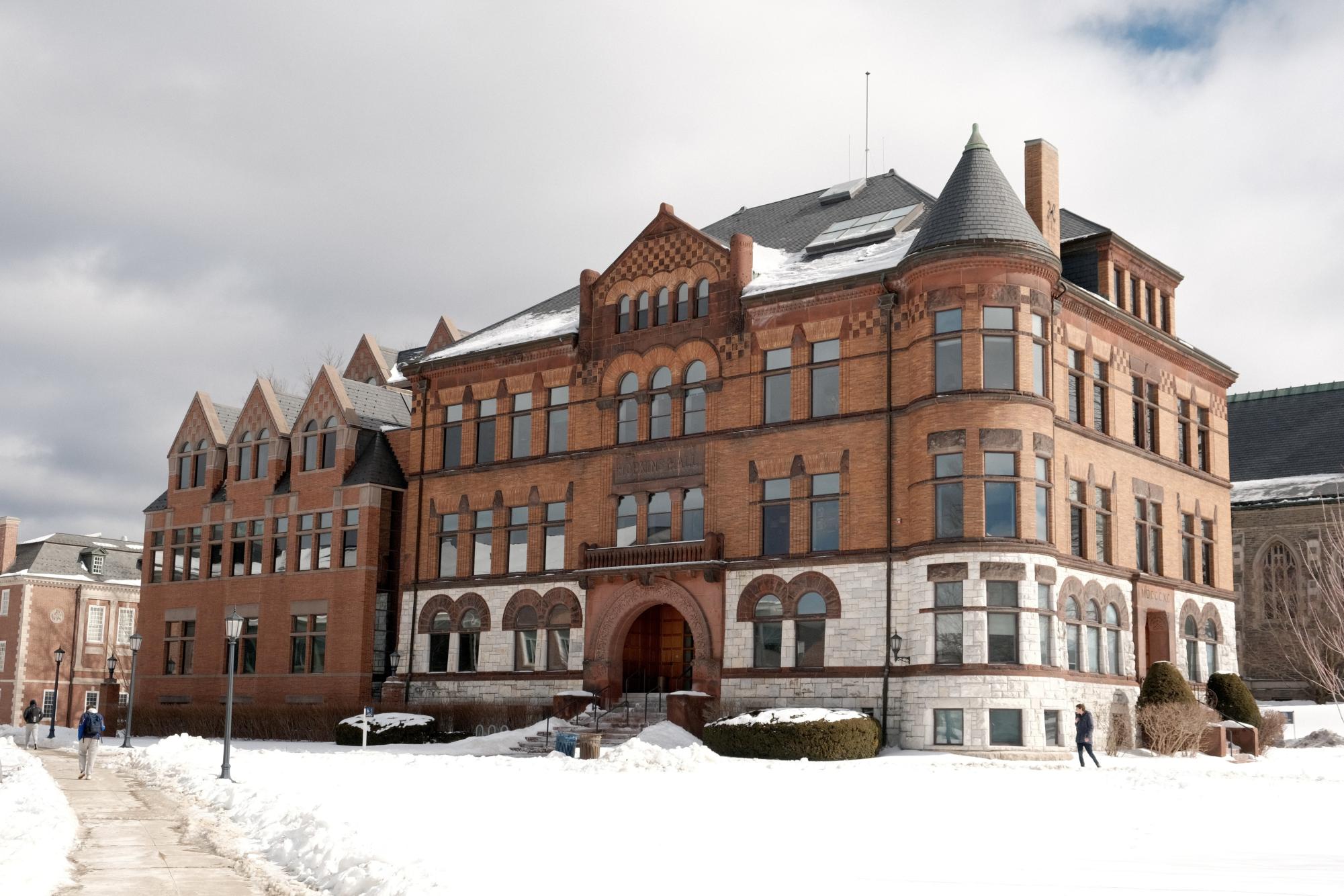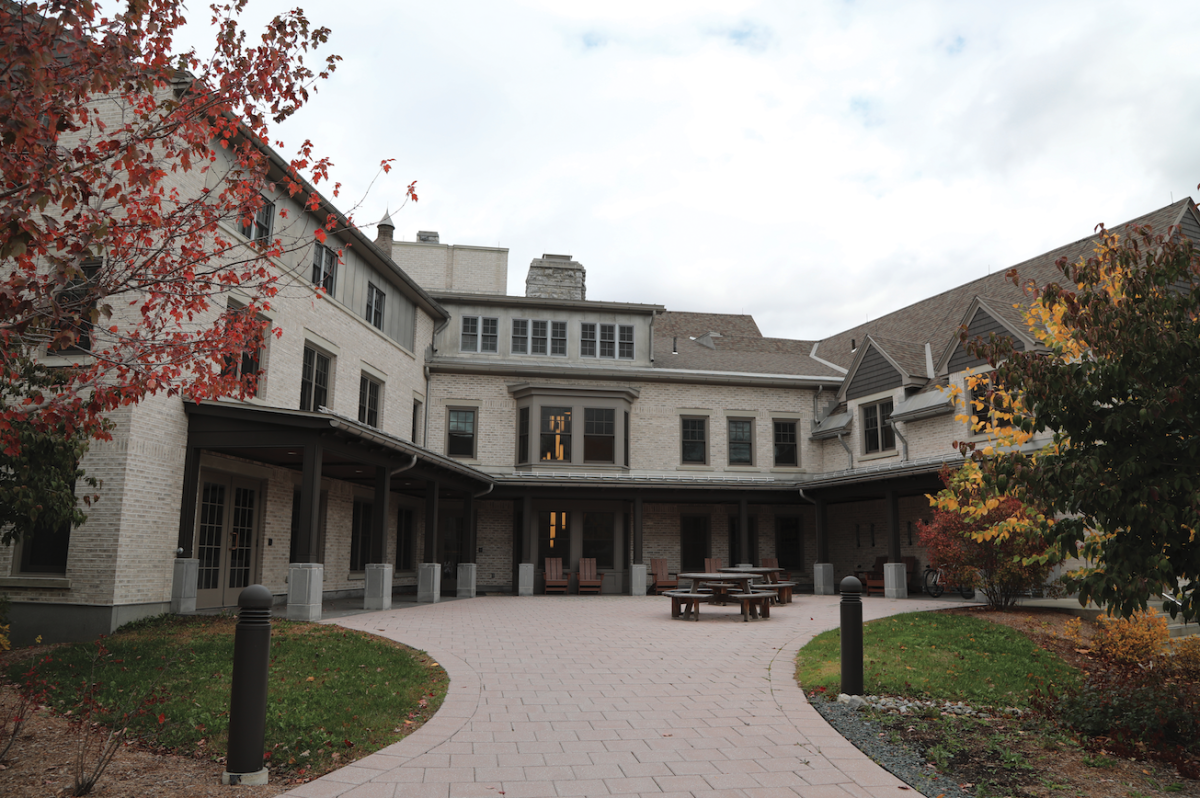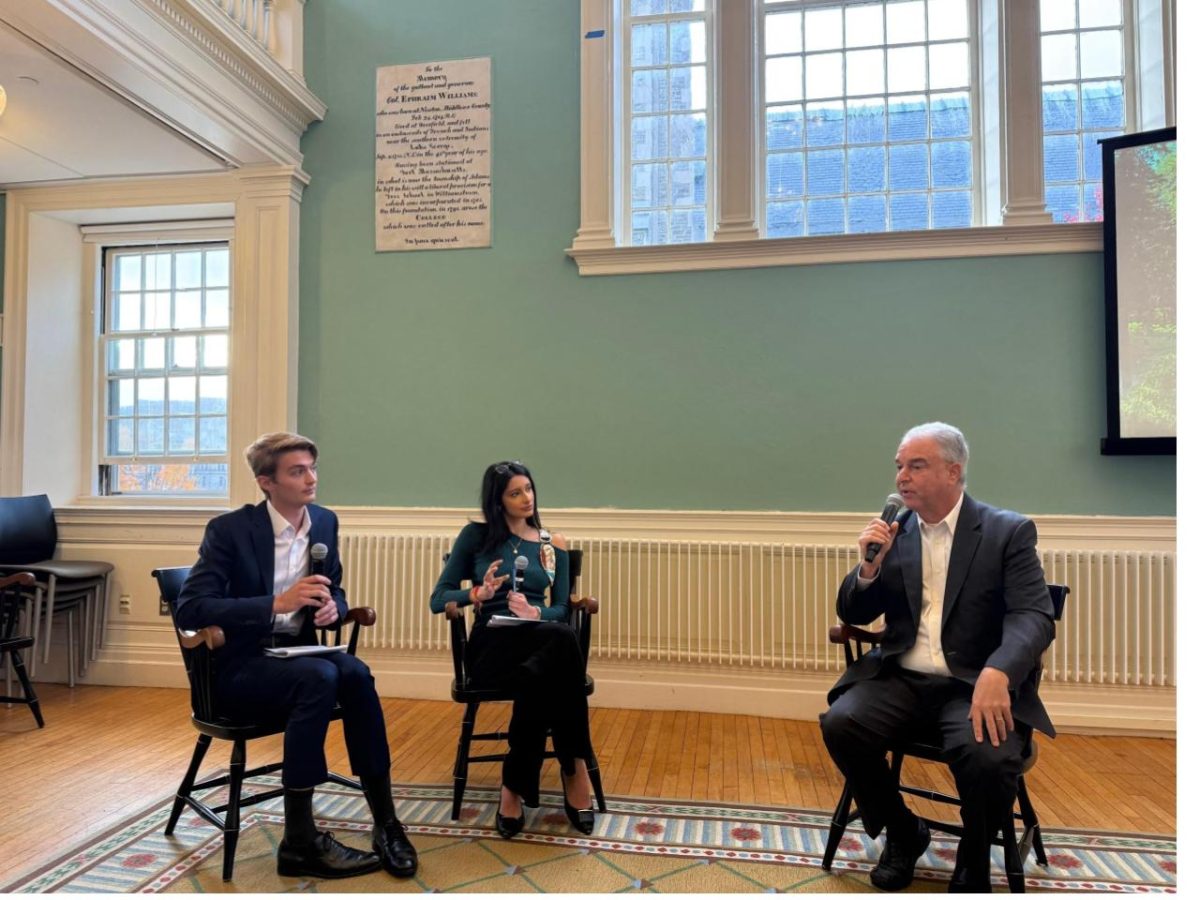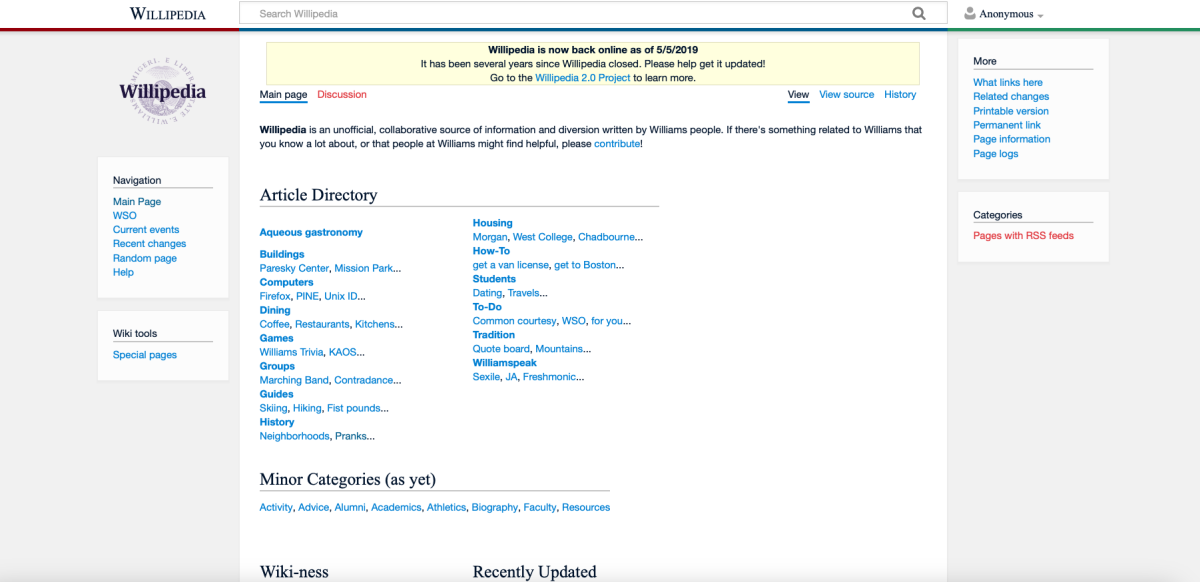
Room inspections will no longer occur during fire drills, according to Director of Campus Safety Services (CSS) Jeff Palmer. The College’s Environmental Health and Safety (EH&S) division, which operates under CSS, will conduct future inspections only during winter and spring breaks and will no longer check student’s dorms for room condition and prohibited items during fire drills, Palmer wrote in an email to the Record.
Palmer wrote that the College’s room entry and inspection policies have not changed. These policies allow the College to enter and inspect students’ rooms at any time for reasons including health and safety inspections, compliance with housing policies and other rules, or investigating suspected violations, according to the College website.
Room checks are already conducted regularly during spring and winter breaks to check for room condition, hygiene, and compliance with the College’s fire safety standards, according to Palmer. Prior to the EH&S decision, these inspections also occurred unannounced during fire drills.
“We want to mitigate the risk for damage from weather and open windows, items that may attract rodents and bugs, electrical devices possibly leading to fire safety risks, general fire safety risks and fire code compliance with smoke detectors,” he wrote. During these checks, CSS, EH&S, and custodial staff look for prohibited items in plain sight, Palmer wrote.
Palmer said that fire drills aim to not only make sure the fire alarm systems work, but also prepare students in the case of an emergency evacuation. “Adding room inspections greatly lengthens the process, but more importantly takes the focus away from the drill. If students first thought when hearing a fire alarm is to run back to their room, that’s the direct opposite of what we want to occur,” Palmer wrote.
Separating fire drills and room checks was an issue EH&S had been discussing between the fall and spring fire drills this academic year, according to Palmer.
“During COVID, the two items were not coupled, but had just recently reverted to the pre-COVID model, which did have the two coupled,” he wrote. “This is why it was being discussed by the new EH&S leadership at the time to move back to the decoupled model.”
From now on, Palmer said that CSS will notify students regarding room checks. “We will have Daily Messages going out before these routine break checks in the next academic year,” he wrote. “If there are emergency circumstances surrounding checking a room, this would potentially bypass notice being given in advance.”
“If checks expand beyond those two [winter and spring break] periods, we would likely give notice through Daily Messages to the effect of ‘Fire safety room checks are occurring during the week of (insert week here)’,” Palmer wrote.
“Our intent isn’t to get students in trouble, issue fines, or confiscate items,” Palmer wrote. “The focus shouldn’t be on how to best avoid getting in trouble for having prohibited items, it should be on not having those items in the first place, potentially jeopardizing the safety of the people living on campus.”
“Safety on campus is a group effort,” he added.
Harry Albert ’25 published an op-ed last fall in the Record in which he argued in favor of a similar policy to the one that CSS has adopted. In an interview with the Record, he reflected on what he views as the unintended consequences of having room inspections conducted during fire alarms. Instead of leaving their dorms, Albert said, students run back to them to hide their potentially flammable belongings and avoid being fined.
“To be completely honest, I wrote the op-ed because there was a room search and I had a Keurig taken, which was sad,” Albert said. “But the main point of the op-ed was… because these room searches happen by surprise, … what ends up happening is people cover up their just blown out candles and electrical items with flammable materials, and it’s just unsafe.”














